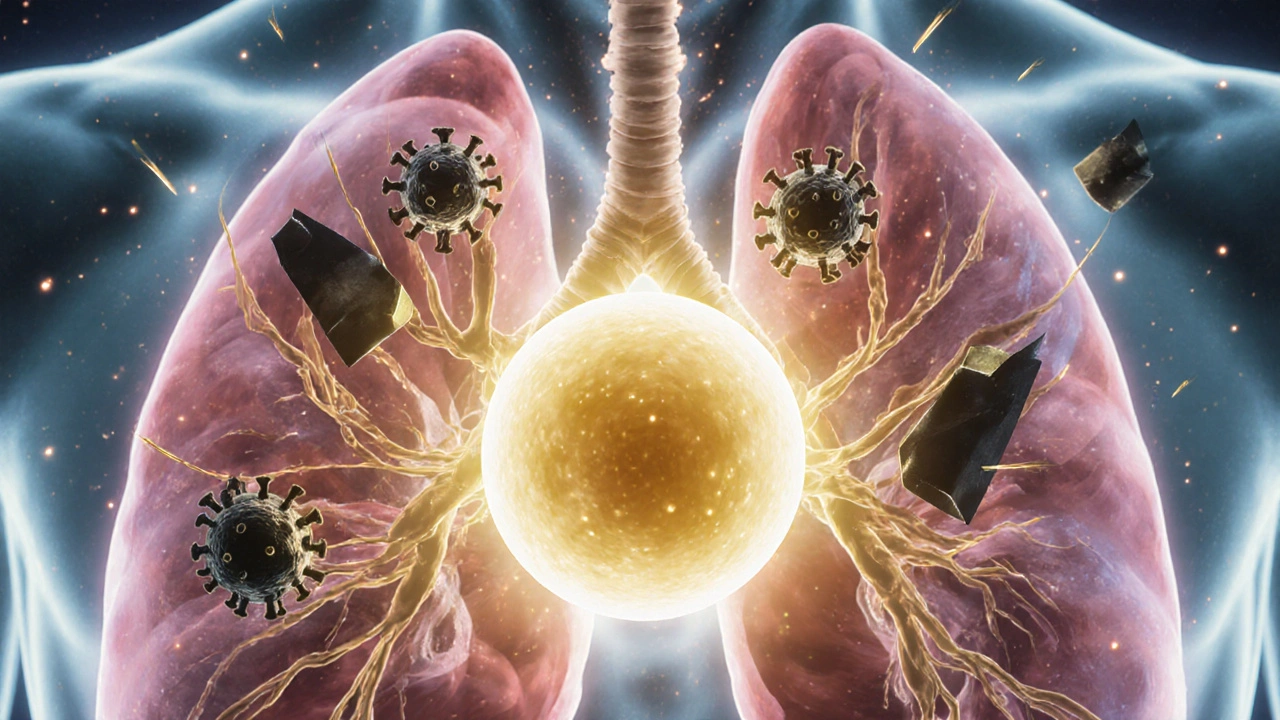Calcitriol: What It Is, How It Works, and What You Need to Know
When your body needs to use vitamin D, it doesn’t use the kind you get from sunlight or supplements directly. Instead, it turns it into calcitriol, the active hormonal form of vitamin D that regulates calcium and phosphate in your blood and bones. Also known as 1,25-dihydroxyvitamin D3, it’s not just a vitamin—it’s a hormone your kidneys make to keep your skeleton strong and your muscles working. Without enough calcitriol, your body can’t absorb calcium from food, even if you’re eating plenty of dairy or taking supplements. That’s why people with kidney disease, parathyroid problems, or certain bone disorders often need calcitriol as a prescription.
Calcitriol works by telling your intestines to pull more calcium from what you eat, helping your bones hold onto calcium instead of breaking down, and signaling your kidneys to hold onto phosphate instead of flushing it out. It’s closely tied to parathyroid hormone, a gland in your neck that controls calcium levels by telling your body when to make more calcitriol. If your kidneys aren’t working right, that signal gets lost—and that’s when doctors step in with calcitriol pills or injections. It’s also used for low calcium caused by hypoparathyroidism, where the parathyroid glands don’t make enough hormone. People on long-term dialysis often rely on it to avoid brittle bones and muscle cramps.
It’s not just about bones. Low calcitriol levels have been linked to higher risks of falls in older adults, weakened immune responses, and even mood changes. While sunlight and vitamin D3 supplements help your body make calcitriol naturally, some people’s systems just can’t do the job—especially those with chronic kidney disease or after certain surgeries. That’s where the prescription form becomes essential. You won’t find it over the counter because too much can raise calcium to dangerous levels, leading to kidney stones, heart rhythm issues, or confusion. Doctors monitor blood levels closely when prescribing it.
What you’ll find in the posts below isn’t just about calcitriol itself. You’ll see how it fits into bigger health pictures: how kidney function affects hormone balance, why some medications mess with calcium levels, and how other drugs like those for thyroid disorders or osteoporosis interact with it. You’ll also find comparisons with other treatments—like vitamin D analogs or phosphate binders—that serve similar roles. Whether you’re managing a chronic condition or just trying to understand why your doctor ordered this specific pill, the articles here give you real-world context, not just textbook definitions.
How Calcitriol Affects Respiratory Health and Why It Matters
Calcitriol, the active form of vitamin D, plays a key role in lung defense, reducing infections and inflammation. Low levels are linked to worse asthma, COPD, and frequent respiratory illnesses. Learn how to support your respiratory health with sunlight, diet, and safe supplementation.
